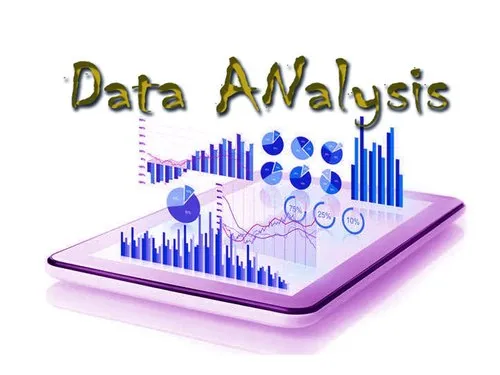Ph.D. in Analysis: Introduction, Admission, Registration, Eligibility, Duration, Fees, Syllabus 2024

Introduction:
Embarking on a Ph.D. journey in Analysis is a profound commitment to exploring the depths of mathematical theory and its applications. It's a voyage that promises intellectual stimulation, rigorous research, and the opportunity to contribute to the ever-evolving landscape of mathematics. In this blog, we'll delve into every aspect of pursuing a Ph.D. in Analysis, from admission processes to career prospects, to provide aspiring scholars with a roadmap for success.
Admission Process:
- Research Potential Programs: Explore universities renowned for their expertise in Analysis and identify programs aligning with your research interests.
- Contact Potential Advisors: Reach out to faculty members whose research aligns with yours, expressing your interest in their work.
- Prepare Application Materials: Gather transcripts, letters of recommendation, statement of purpose, and GRE scores (if required).
- Submit Application: Follow the specific instructions of each university and submit your application before the deadline.
- Interview: Shortlisted candidates may be invited for an interview, where they discuss their research goals and fit with the program.
Eligibility:
- Master's Degree: Most programs require applicants to hold a master's degree in mathematics or a related field.
- Academic Excellence: A strong academic record, especially in mathematical analysis courses, is crucial.
- Letters of Recommendation: Typically, three letters from professors familiar with your academic work are required.
- GRE Scores: Some universities may require GRE scores, particularly in mathematics and analytical writing.
- Statement of Purpose: Articulate your research interests, career goals, and why you're interested in their program.
Completion Time:
The completion time for a Ph.D. in Analysis varies depending on factors such as research progress, publication requirements, and program structure. On average, it takes around 4 to 6 years to complete the degree.
Career Opportunities:
- Academia: Many Ph.D. graduates pursue academic careers as professors or researchers in universities and research institutions.
- Industry: Analytical skills are highly sought after in industries such as finance, data science, and technology.
- Government Agencies: Government agencies often hire mathematicians for research and analysis roles.
- Consulting: Consulting firms value the problem-solving abilities and analytical mindset of Ph.D. graduates.
- Entrepreneurship: Some Ph.D. graduates venture into entrepreneurship, founding startups based on their research findings.
Syllabus:
- Real Analysis: Foundations of analysis, including sequences, series, continuity, and differentiability.
- Complex Analysis: Study of complex numbers, functions, integrals, and residues.
- Functional Analysis: Investigation of vector spaces, linear operators, and topological properties.
- Measure Theory: Introduction to measure spaces, Lebesgue integration, and probability theory.
- Differential Equations: Theory and applications of ordinary and partial differential equations.
Internship Opportunities:
- Research Institutions: Collaborate with researchers at institutions specializing in mathematical analysis.
- Industry Partnerships: Some universities have partnerships with companies offering internships in data analysis or mathematical modeling.
- Government Agencies: Internship opportunities may be available at government agencies engaged in research and analysis.
Scholarships and Grants:
- Institutional Scholarships: Many universities offer scholarships to Ph.D. students based on academic merit and financial need.
- External Funding: Organizations such as the National Science Foundation (NSF) and the Fulbright Program provide grants and fellowships for doctoral research.
- Departmental Assistantships: Graduate assistantships and teaching assistantships often include tuition waivers and stipends to support Ph.D. students financially.
FAQs:
Can I pursue a Ph.D. in Analysis with a background in a different field?
While a strong foundation in mathematics is essential, many programs accept students with diverse academic backgrounds who demonstrate aptitude and passion for analysis.
How important are publications during the Ph.D. program?
Publications demonstrate your research productivity and can enhance your academic credentials when applying for postdoctoral positions or faculty positions.
Is it necessary to have teaching experience during the Ph.D. program?
Teaching experience is valuable for academic careers, but it's not always a requirement. However, many programs offer teaching assistantships to provide students with teaching opportunities.
How can I stand out in my Ph.D. application?
Highlight your research experience, academic achievements, and alignment with faculty research interests in your application. Personalize your statement of purpose to demonstrate your passion and potential contributions to the field.
